Cake for Lunch
There were lots of big, strong, strapping men around on my grandparents’ dairy farm– boys with fingers as thick as sausages, from handling the farm work. I was quiet and liked to read, but I wasn’t afraid of hard work. I adored my grandpa– I would do anything to spend time with him, and I always worked hard to make him proud of me. He didn’t talk much, but when he did give the rare compliment you would glow for days, inside because you were so proud that he had recognized your hard work. He wasn’t impressed by “book smarts,” having dropped out of high school and joined the Navy in the Korean War, but he did value hard work– not giving up, even when it was hard. Ironically, that also extended to education. He wanted all of his grandchildren to have an excellent education and work hard– but I think it was the “working hard” and “getting a good job with that degree” that he valued even more than the knowledge, itself. He had spent his entire life working punishing, grueling hours to keep the family farm afloat and he wanted better for us. Sometimes he drove a truck on the weekends when the weather destroyed crops or when livestock or milk prices plummeted. He used to mutter under his breath that “the government can rob farmers and keep milk prices low, but they don’t do anything to help with the costs of equipment upkeep, grain, land taxes, and vet bills to pay for the cows that produce it.”
“You mark my words,” he used to say. “One day this country is going to be hungry because it rewards those who do nothing and penalizes those who work hard.” We all knew, though, that it just wasn’t in him not to work hard. He had worked hard all his life. His wedding ring was so deeply embedded into his finger, from years of the fingers growing muscular beneath it, that he could no longer take it off. There was nothing he couldn’t do– not one piece of equipment he couldn’t fix. One year for my birthday he actually made me a double bicycle because I had been obsessed with the movie In The Good Old Summertime with Judy Garland. I kept seeing double bicycles and was so sad that they don’t make them anymore. He somehow figured out how to craft one, cutting down 2 bikes and creating his own chains and cogs and gears to match so that each person who pedaled was in sync with the other person. Not bad for a high school dropout.
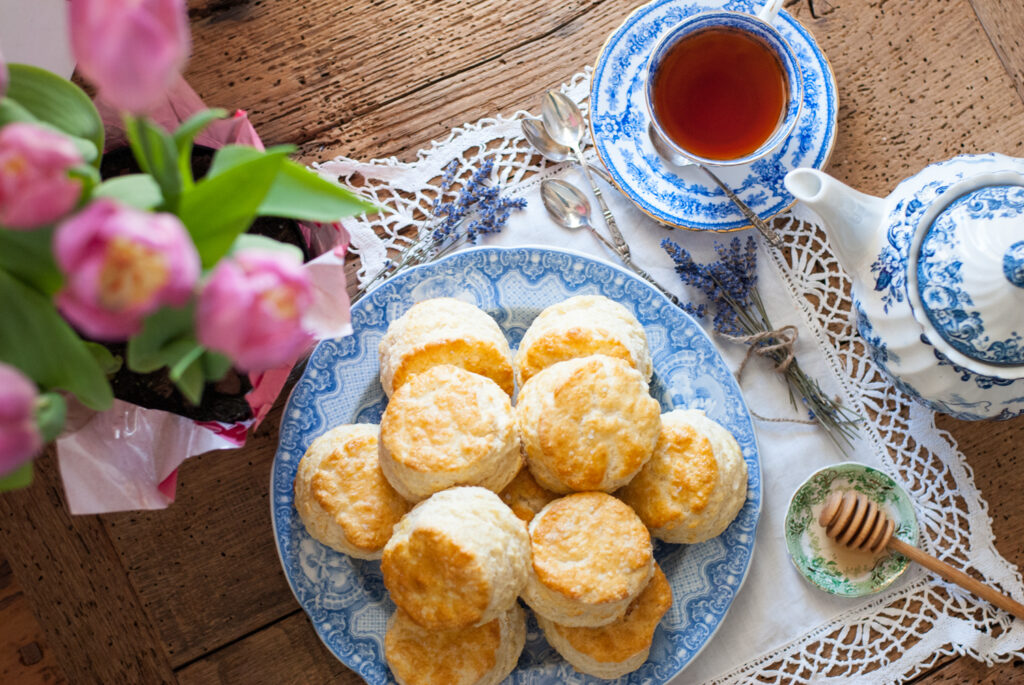
I can still remember the rumbling thunder of the big farm machines roaring to life. The sound terrified me, and also drew me in with breathless excitement. I was always half petrified to go close, as the machines seemed like monsters too large for life. But when my grandpa was there I swallowed down my fear and reached for his hand, seemingly miles up in the seat. I would climb up gears and trailer hitches, clinging to his hand. Finally, I’d reach the top, and sitting in his lap I felt on top of the world. We would roar through the fields, reducing 6 foot tall crops to bare, hair-plug looking patches of scrub. The corn would sail out an enormous chute over my head, into a huge red harvester wagon. The vibration of it would shake the entire cab, but Pap’s arm, muscular and tanned almost black from the sun, held the tractor as steady as the ships he used to sail in the Navy, and I wasn’t afraid.
Even if something wasn’t “women’s work,” Pap always let me try. I know now that his allowing me to tag along on “men’s outings,” and even shutting down the uncles when they good-naturedly razzed me about “going back to the kitchen with the women” was really his way of protecting me and also showing faith in my abilities. The most of a compliment he ever said was, “Knew you wouldn’t give up till you did it.” Though he rarely said much I know he was proud of me. He was proud of all of his children and grandchildren, in different ways. He loved that I could play the piano and always asked me to play “Tea for Two” when it was just the two of us. He appreciated me for who I was– the crazy, nerdy, book reading, machine repair trying, building attempting, crazy girl that I was. And he never made fun of me for trying something new, even if everyone else said it was crazy for a girl to try it.
Harvest season is a bit of a frenzy, on a farm. It seems that everything gets ripe at once, and it all needs to be harvested within a matter of weeks before the cooler weather and rains come and ruin it. More than one farmer has found out the sad lesson that hay placed wet into the barn can molder and catch fire randomly, catching the entire building ablaze. The last scorching hot days of August are perfect for curing hay– letting it dry, light as air and smelling like it had wrapped all the sweet sunshine of summer into itself before being packed away into the barn for winter. I used to climb up into the hay mow in the winter, my breath coming in chilly clouds in the cold, and just breathe in the scent of summer. Sometimes there were dried wildflowers in the hay, and I would put them in my hair. Imagination was as big as the world up there.
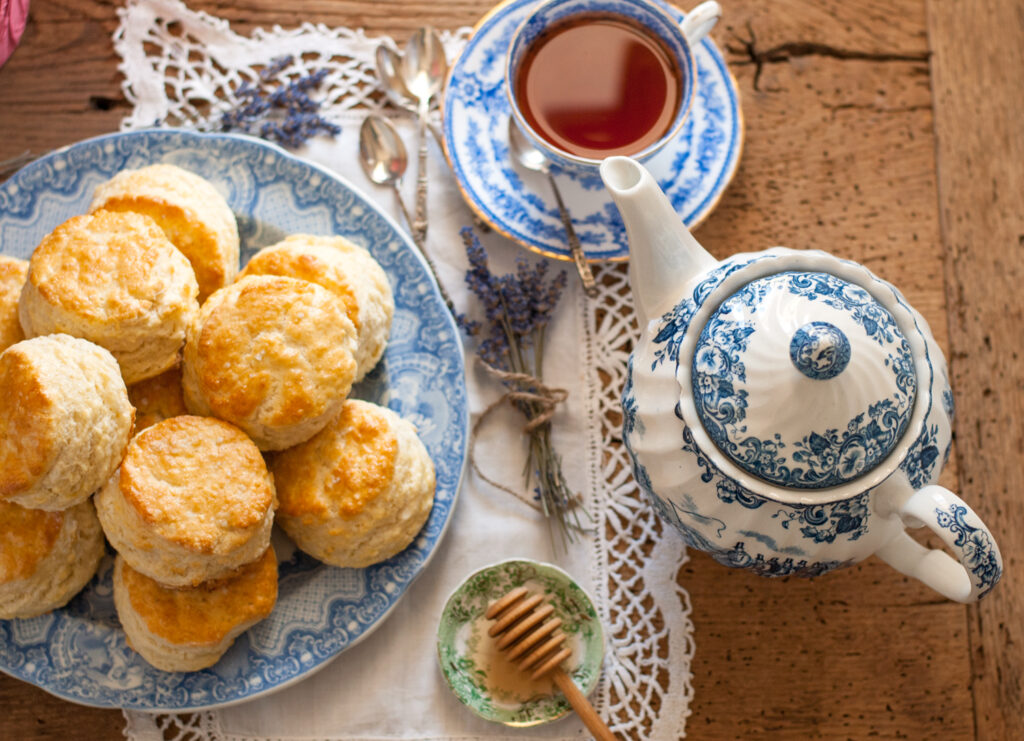
Farmers help each other through harvest. It is a tradition that goes back centuries– you help your neighbor with his harvest, and then he helps you with yours. The community pulls together. Three harvesting machines make quick use of a field waving with golden wheat in the late summer sunshine. Twenty men with big, strong backs and young, strapping sons can put away an entire crop in a day, especially if the skies look forbiddingly like rain and the crop needs to be brought in as soon as possible. My great grandmother was “a good wife”– 10 children, 8 of them boys. My great grandpa was proud of his big, strong sons. He had a built in workforce. The Morningstar boys were a strong, hard working crew. My Grandpa joked that “the minute I was born, I crawled out to the barn to milk. There was always work to be done.” Many nights the boys would ride back to the house on the seat of kings– the tip top of a full, swaying hay wagon. There is no better place in the whole world.
The two girls, Verna and Irene, remember it a little differently. Their mom had to prepare a meal for 12 on a normal night, and during the harvest time, a meal for 30-40 was common. My Aunt Irene hated cooking. But back then the only “careers” for women were homemaker, teacher, or nurse. The second she could she left and became a nurse– a job which she didn’t really enjoy, but as she put it, “Caring for one patient beats caring for 40 without pay.” She told me that she remembered making a cake every day of her life, so that her dad and brothers could have something for dessert when they came in from the midday chores. She said that to this day, she has that cake recipe memorized. She would take the cake out of the oven, let it cool on the windowsill for an hour, ice it, and then it would be gone within 30 seconds when she put it into the center of the table. The ladies who had worked all morning to create the feast would wait until “the boys” finished to eat, themselves. Irene said that sometimes there wasn’t anything left, and grandma Morningstar would take out the bread and make them a tomato sandwich. “Boys sure were hungry today,” was all she would say. She never complained that she and the girls didn’t get any of the good things. Irene said she doesn’t think she even ever got to try the cake that she made hundreds of times. There was never any left. (By the way– until she told me this story, I never understood why she always gave me a super big piece of cake every time she made one. “Girls deserve to try it too,” was all she said.) As they ate their sandwiches the girls did “what felt like every dish we owned, three times a day,” Irene told me. Just as the last dish was dried, it was time to start supper preparations. No days off or eating out for Grandma. There wasn’t the money for it. I don’t think she had a day out of that kitchen her entire life. She never complained. I think somehow her soul was fed by being needed. Maybe all of us feel that way, on some level.
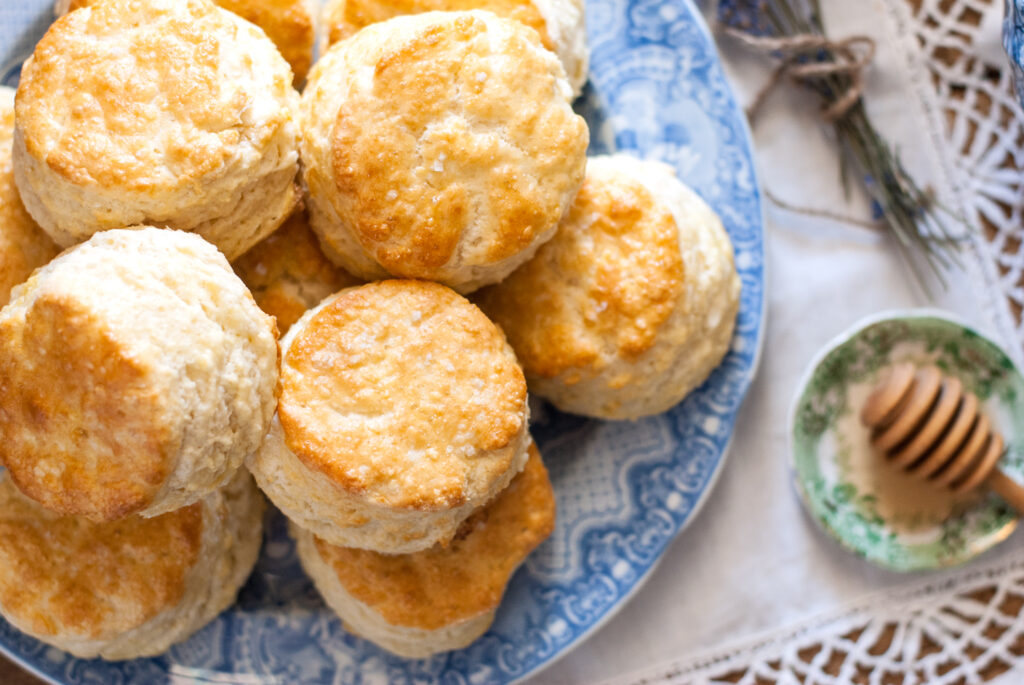
When the harvest crew came to your house it was all hands on deck for the women, too. In those cases, generally the daughters, sisters, wives, and female relations of the “borrowed male workforce” would also come to help the lady of the house with the meal, so gargantuan was the task. Often these women brought with them items to help out– a basket of bread, a pie, a cake. Sometimes they brought potato salad or pickles or even just cut up vegetables from the garden. You brought what you had, and you helped where you were needed. I remember helping out on some of these massive meals. Picture Thanksgiving, but with 40 football player sized men, all with the biggest appetites you have ever seen. Children as young as 5 were drafted into service, shelling peas and picking and snapping green beans from the garden to prepare for the massive influx of men that would be there at any moment. The really young children who were too young to do much of anything helpful were posted as scouts to let us know the moment they saw the men coming in from the fields.
The announcement that “they’re coming!” put the kitchen into an even greater flurry than it already was. Dozens of hands put the finishing touches on the tables, poured glasses of icewater (littles were drafted here into “shooing” flies away), removing cold items such as deviled eggs and potato salad from the refrigerator, and pulling out mounds of sliced watermelon and fresh bread and steaming corn on the cob and cakes and pies . . . and somehow finding places for everything on the unbelievably long, makeshift picnic tables outside. There were usually at least 4 great big picnic tables, along with random benches, card tables, and even sawhorses from the barn, with boards stretched between. Every available space was groaning with plates of steaming food and gleaming dishes and silverware.
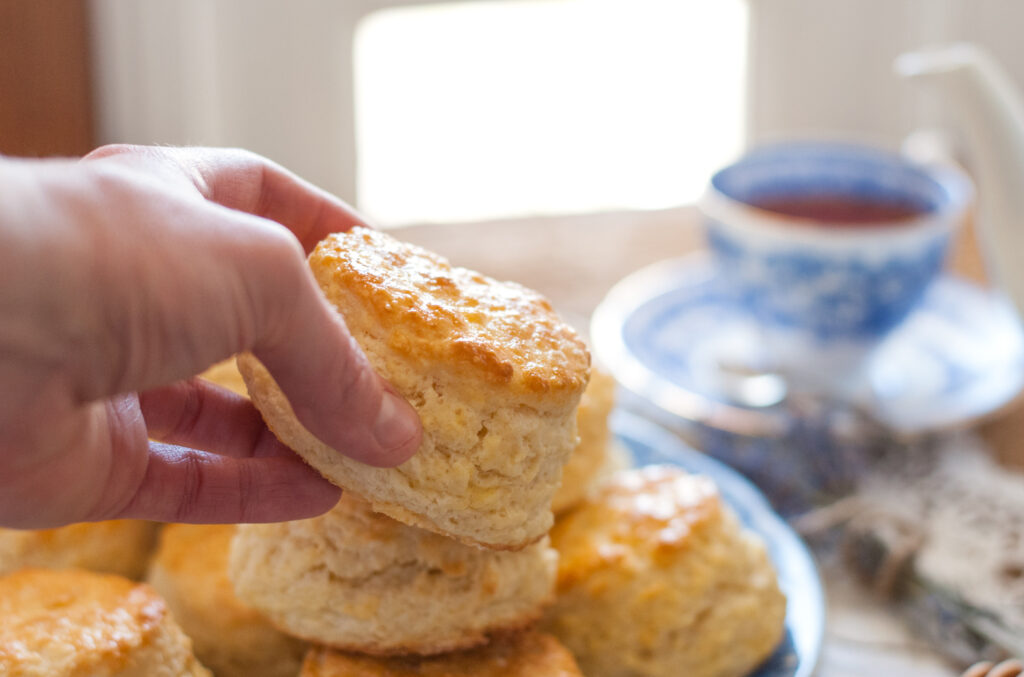
The men arrived, grimy and sweaty, murmuring things like “Sure smells good,” and “That looks good enough to eat.” Their faces were tanned unbelievably dark from years of working in the hot sun. They would line up and wash their hands, the grimy machine grease staining my grandma’s dish towels. I knew she would be up late into the night scrubbing those towels to get them white again, but she never complained. The men gathered around the tables and found seats, laughing and swatting random kids’ bottoms when they tried to steal a bite of food from the table.
My grandpa would say grace, and then all hell would break loose. Those men could EAT. The women didn’t sit down or eat until the men were finished. They raced around, refilling platters with steaming meat and potatoes, refilling water pitchers, taking away empty dishes, and bringing out fresh silverware and plates. The men didn’t talk much– they wanted to get back to work, but usually between mouthfuls they would fill their wives in on how much work was left to do. “‘Bout halfway done. Should be done around dinnertime.” One by one they would finish, push back their chairs or benches or milking stools or overturned buckets– whatever they were sitting on– and say “Thanks for the dinner.” They would usually grab a roll or a cookie to go and head back up to the fields. When the last man was finished the ladies descended on the tables, clearing and cleaning and scrubbing off the oilcloth tablecloth at a frenetic pace. They laughed and talked and sometimes nibbled one of the last deviled eggs or few remaining slices of watermelon. I never actually saw them take a break and eat– they just kind of scavenged whatever was left as they cleaned up, and I guess that was enough.
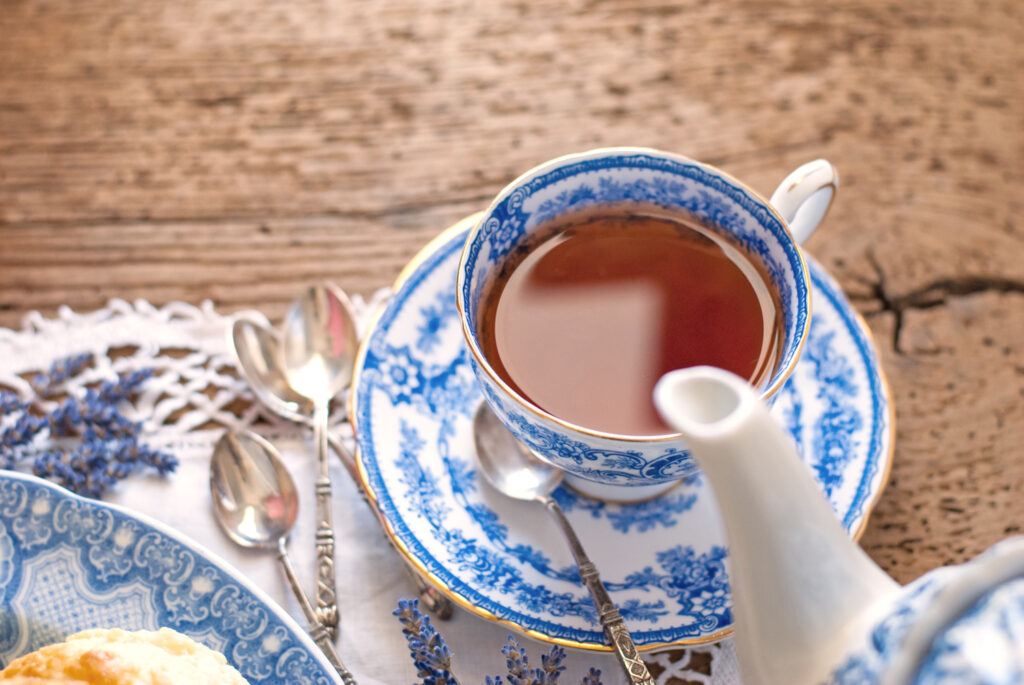
We did dishes for what seemed like 1000 years. There were many more dishes, in addition to our own, during these times. Generally the housewives brought enough plates and silverware from home to feed their own crew. No paper plates for us– everyone brought their dinner dishes and silverware, and it all had to be washed, dried, sorted back to its original owner, and packed into baskets for the trips home. I don’t remember there ever being any food left.
Those are memories that will always be with me– how it felt in the sweltering heat of the kitchen, being drafted into service cutting up celery for the chicken salad, or asked to “pick the meat off the bones” of a turkey that had just finished roasting and been carved up on the plate, waiting for the men. I loved plucking turkey carcasses, because I actually got to sneak a few bites, and no one knew. I remember the itchy tomato plants grabbing at my arms when Gram sent me out to the garden to get some tomatoes, still warm from the sun, to slice up on plates for dinner. Sometimes I picked big, red beefsteak tomatoes. Sometimes I picked heirloom ones with their crazy, wrinkled skin and strange colors. My favorite were the “pineapple” tomatoes– yellow with streaks of white and red, and as sweet as sugar. I remember husking so much corn that even today I can get the husk off in 2 “pulls,” and I usually take all the silk off on the first try. I carted baskets of dishes back to peoples’ cars. I looked longingly at the barn cats fighting over the turkey bones, wishing I could take a break and try to pet the kittens.
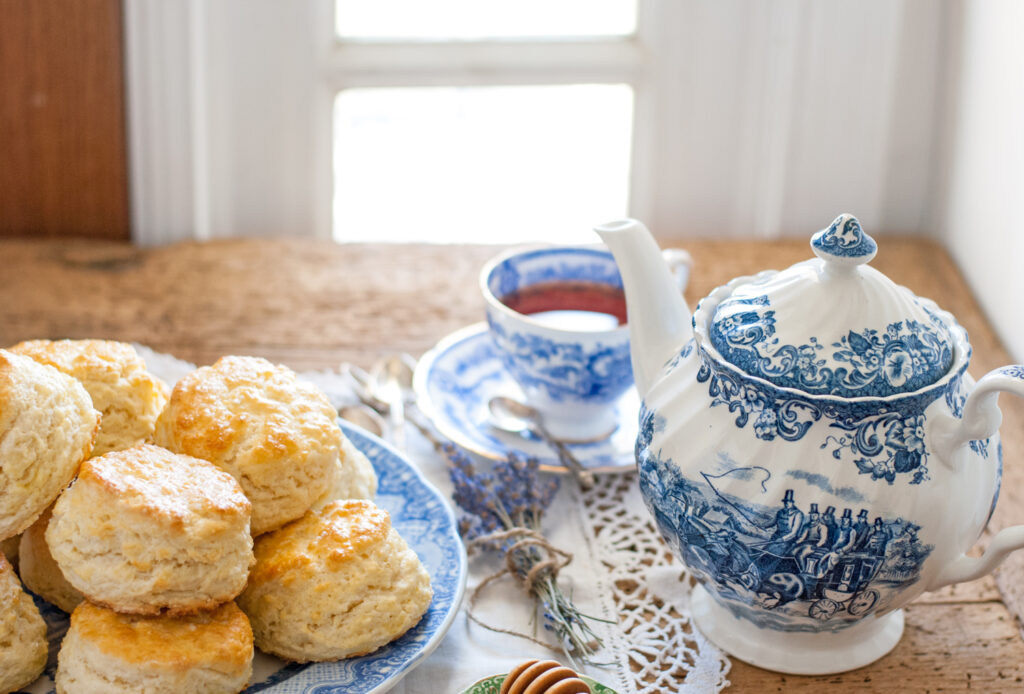
At the end of the day when we were all exhausted my grandparents would watch Jeopardy, and my grandma would braid my hair. I didn’t particularly like my hair braided, but I loved the feeling of her fingers, going over and over the wet strands of my dark hair right after my bath. I rarely got to hug or kiss my grandma– she was a hard working woman with little time for emotion– but that little bit of time enabled me to be near her– to feel how gentle her hands could be. I loved it. To this day, I love the feeling of someone gently running fingers through my hair, and I think it’s because it reminds me of that time. Suddenly I am a kid again, sitting in the living room in my pajamas with the cool Pennsylvania night air coming through the open windows, and Alex Trebec asking us if we knew the answer to the double jeopardy question. It was a hard working time, but it was a simpler time.
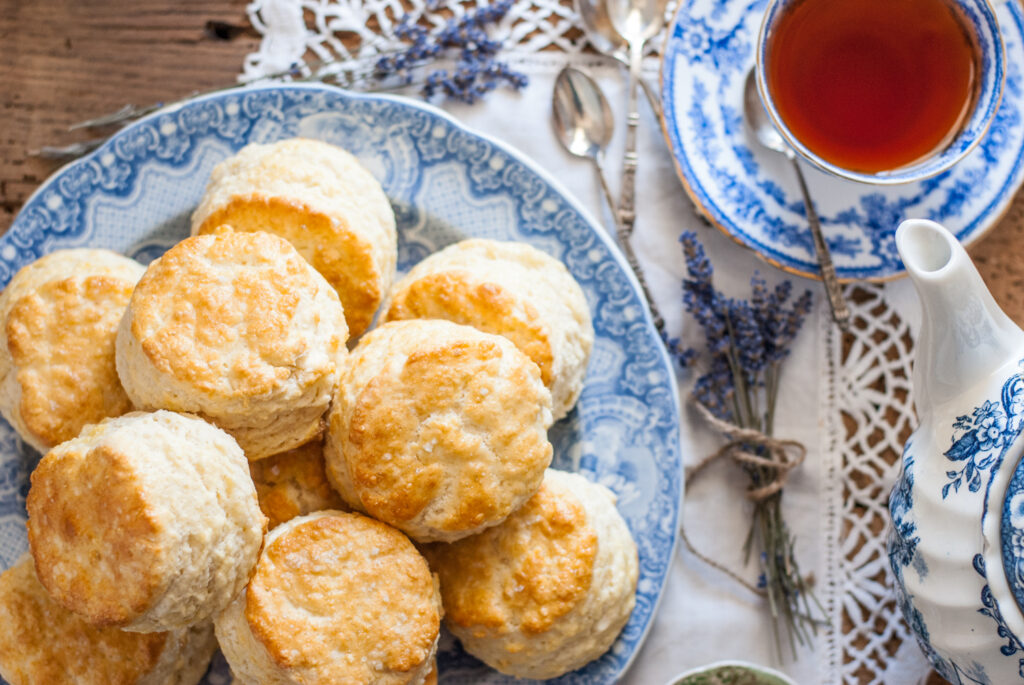
My grandpa died the way he would have wanted to– quietly and without fanfare. It was so unexpected, and to this day it is the most traumatic and painful loss I have ever experienced. We were supposed to paint the barn the next day. When we arrived, shaken, to help prepare for the funeral, I saw with tears catching in my throat that he had set up the paint buckets, ladders, rags, and equipment for us to work. He died doing what he loved– working hard to take care of his family. And I feel his loss in my very soul and marrow to this day. Sometimes I wonder if he can look down and see me now. I wonder if he saw me crying against the bathroom wall, as I had to tear out all my hard-won tiles and redo them. I wonder if he saw my tears mingling with grout as I redid the whole thing, then saw my pride when it was finally finished. I wonder if he knows that I still play “tea for two,” sometimes, when I’m alone, and think of him. I wonder if he is proud of me.
Though he doesn’t say it, I think that he is. â¤ï¸
You did it. And I’m just so proud of you.

Disclosure: This post may contain affiliate links, which just means that we get a few pennies if you purchase through our link. I never recommend products that I don't personally use and love. Thanks!

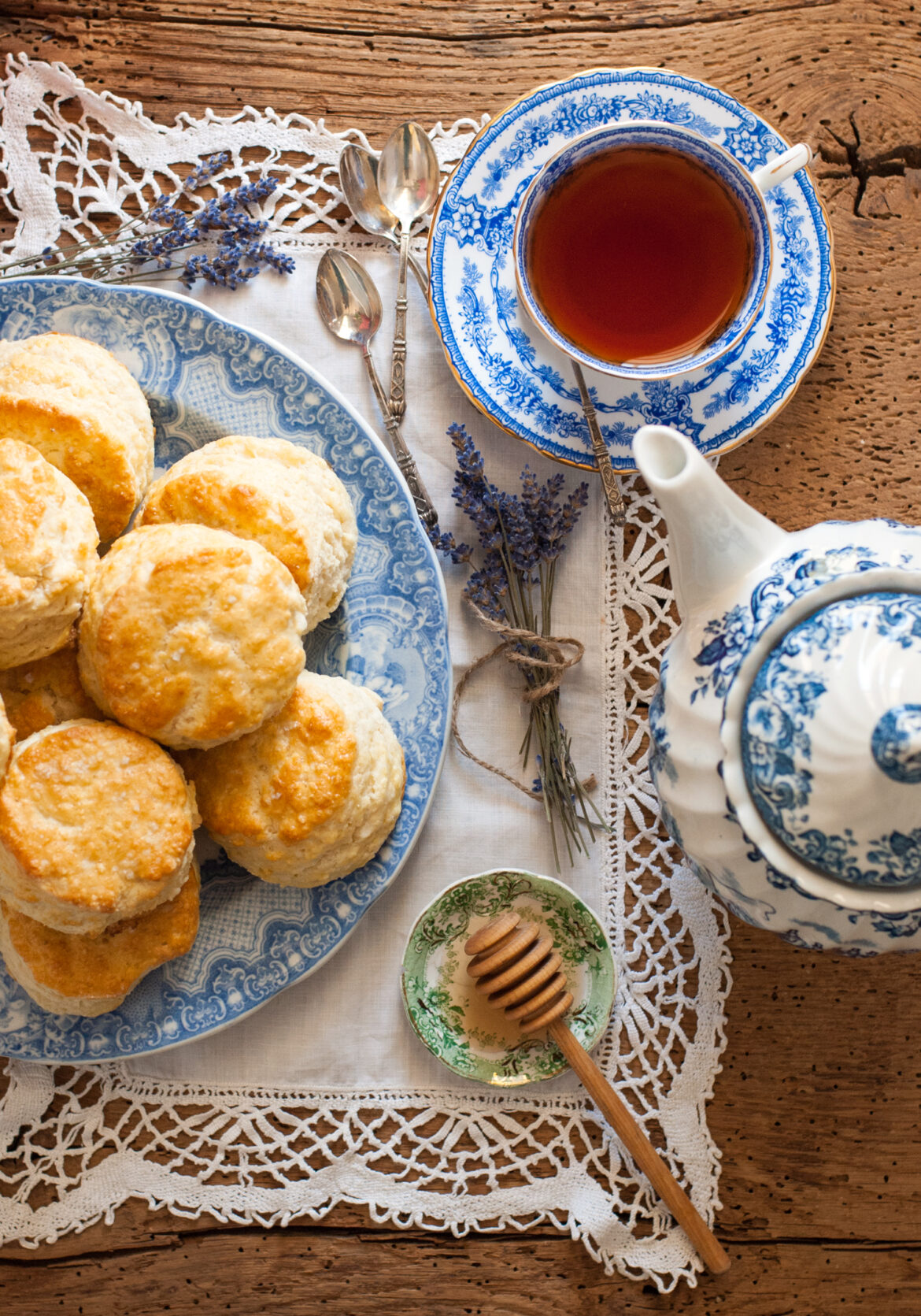




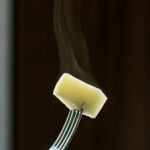

What a lovely story, Em. Brought tears to my eyes.
XO <3